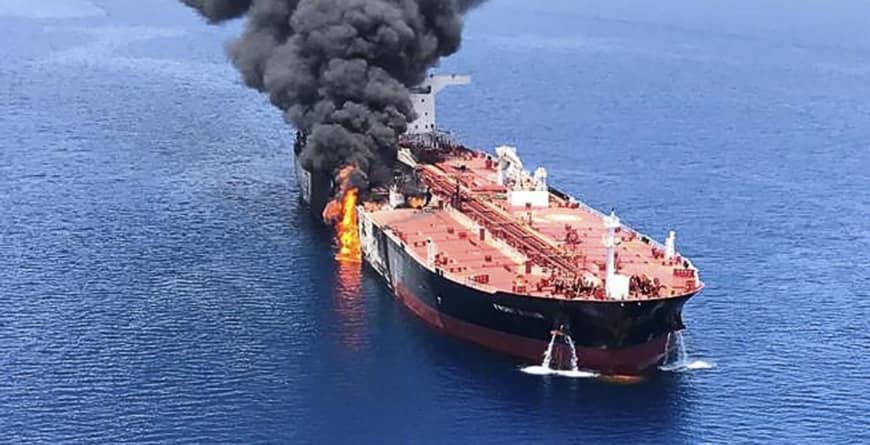
The prospect for conflict in the Middle East, pending collapse of production in Venezuela, and turmoil in North Africa all remind us the world oil market still faces substantial threats of disruption. The North American petroleum renaissance, which has lifted U.S. oil production to the point where net exports are rapidly moving into positive territory, has also opened opportunities for Congress to sell off a substantial volume of strategic stocks to fund a range of domestic programs. EPRINC has argued that while some adjustments to the reserve size may be justified, on balance, it still plays a critical role in the security of the United States and decisions on the size of the SPR should take the long view. The SPR remains an important strategic asset.
Given the current geopolitical environment, we are highlighting some previous EPRINC papers published on this topic. In addition, our friend and colleague, Dr. Carmine Difiglio, has shared with us his insightful analysis of the value of strategic stocks in sustaining economic growth. Professor Difiglio, formerly with the U.S. Department of Energy, is Director of the Istanbul International Center for Energy and Climate (IICEC) at Sabanci University.
John Shages, former Deputy Assistant Secretary for Strategic Reserves, writes on Policy Challenges in Managing the Nation’s Strategic Oil Stock (July 2014).
For access to the report, click here
Lucian Pugliaresi of EPRINC and Fred Beach of UT, Austin debate the value of the SPR in the Wall Street Journal (November 2015).
For access to the report, click here
Larry Goldstein and Lucian Pugliaresi of EPRINC comment on Congress’s initiative to fund health care by reducing the size of the SPR in Politico (July 2015)
For access to the report, click here
Carmine Difiglio’s extensive analysis of the negative consequences of world economic growth from oil supply disruptions. Oil, economic growth and strategic petroleum stocks, Energy Strategy Reviews (2014).
For access to the report, click here
Michael Lynch, EPRINC Distinguished Fellow and President of Strategic Energy and Economic Research, Inc. presents a retrospective on the 1979 oil disruption and the role uncertainty and hoarding can play is amplifying the cost of an oil supply disruption. The article was recently published in Forbes and can be found here
© Energy Policy Research Foundation | 25 Massachusetts Ave NW, Suite 500P (Mailbox 14), Washington, DC 20001 | (202) 944-3339 (Phone) | (202) 364-5316 (fax) | info@eprinc.org
Design & Development by Red Clay Creative